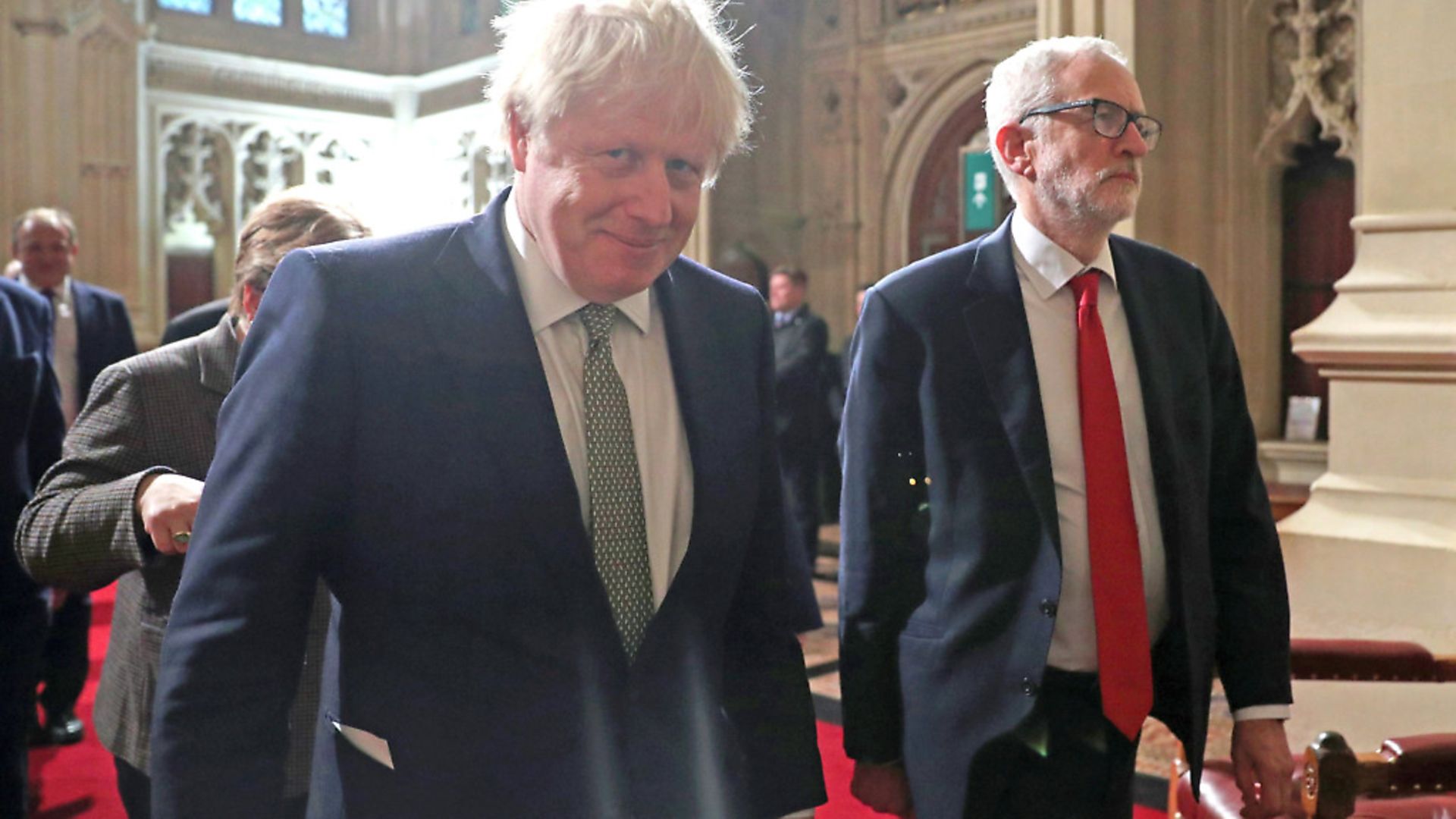
Without a change in electoral system the big parties are doomed to keep repeating the same mistakes with their leaders.
In Meg Russell’s insightful article (“Why grassroots members shouldn’t choose party leaders”), she says of the move away from MP-only selections, “Labour was the first party to diverge from this… in 1981”. However, the 1976 Liberal leadership election between David Steel and John Pardoe was decided by an electoral college representing various party associations..
The question is why leadership elections of the smaller parties by party members have not been problematic in the way that they have for Labour and the Conservatives. The reason is that, although factional values play a part, mostly, both members and MPs in the smaller parties want to choose the leader they expect to be most effective.
However, Britain’s antique voting system means the two largest parties’ members expect their party to win the next election, and therefore are much more determined to select their factional candidate.
The way Labour and the Conservatives have been pulled towards the ideologies of their purist or populist wings is another casualty of first past the post. Britain must become a mature, multi-party democracy where the electorate counts, because their votes actually shape the result.
Anthony Thacker, Hinckley
Meg Russell suggests that Labour should adopt the ‘radical’ option of returning to a situation in which 202 MPs choose the leader of a party with half a million members, knowing full well that the balance of forces within the PLP favours moderate/centrist/right-wing/Blairite (delete as appropriate) policies.
With the manifesto commitments of 2017 and 2019, Labour adopted policies which would provide the regional economic investment required; kick-start a green response to climate change; champion cooperatives, social enterprises, workers’ buy-outs and introducing democratic forms into enterprise ownership. The PLP would not have initiated such policies.
Democracy and accountability within Labour is essential if the party is to meet the challenges it faces.
Malcolm Kesterton, Sheffield
Surely Meg Russell is trying to wind us up? The answer is not to restrict the franchise to those who already have disproportionate influence – the local party, the unions and, presumably, the sponsors.
We need the leader of each party to be elected only by those who are paid-up members, and not by associates, members of other organisations or ‘supporters’ who have just enrolled in order to get the vote. Neither should major donors, the local party, the MPs or the sponsors get any additional influence through block votes or electoral colleges.
Peter Tyzack
– The fight may have changed but the cause remains. Buy The New European every Thursday to read the full mailbag of letters. To have your say email letters@theneweuropean and join our readers’ group for more debate.
Warning: Illegal string offset 'link_id' in /mnt/storage/stage/www/wp-includes/bookmark.php on line 357
Notice: Trying to get property 'link_id' of non-object in /mnt/storage/stage/www/wp-includes/bookmark.php on line 37






